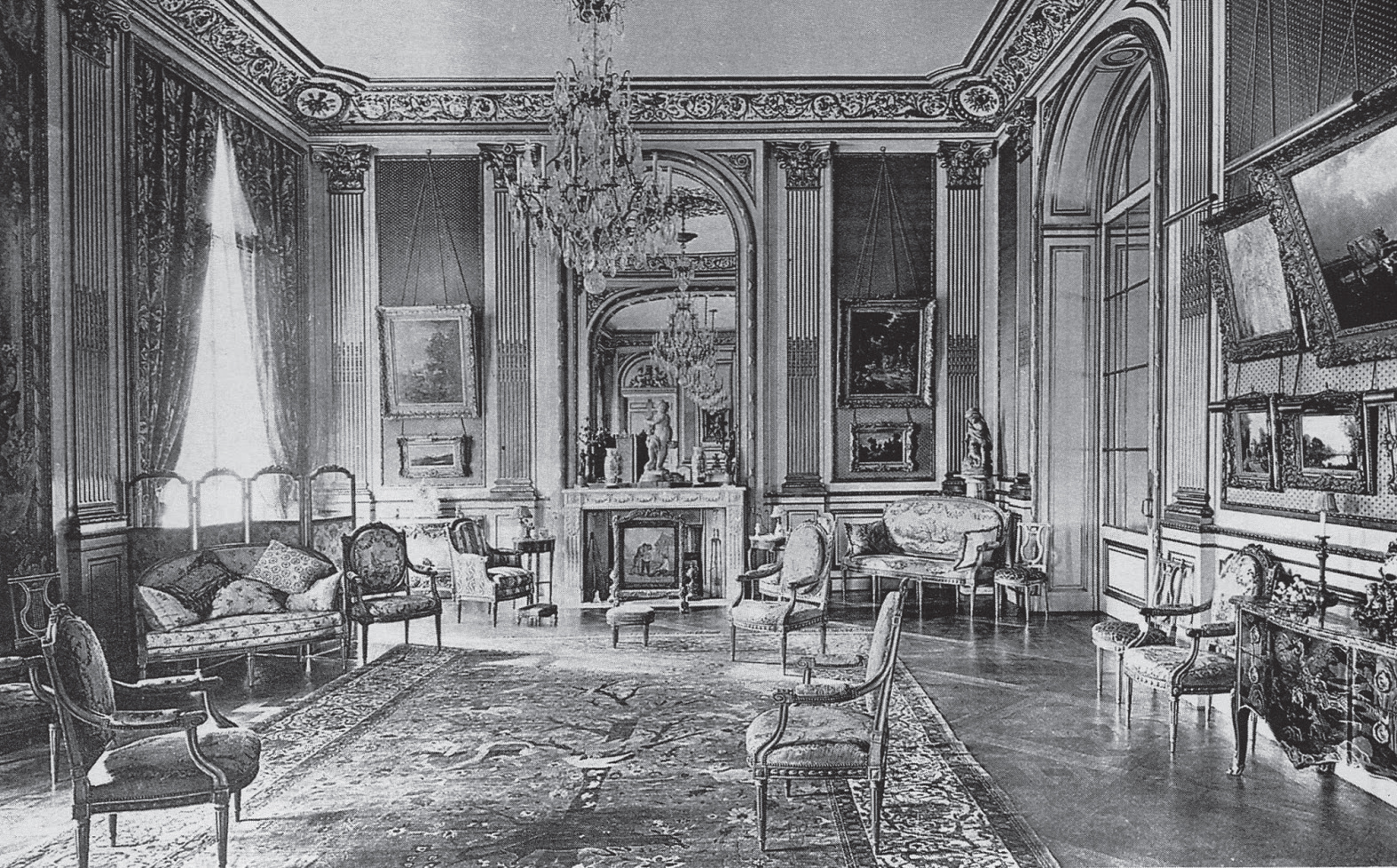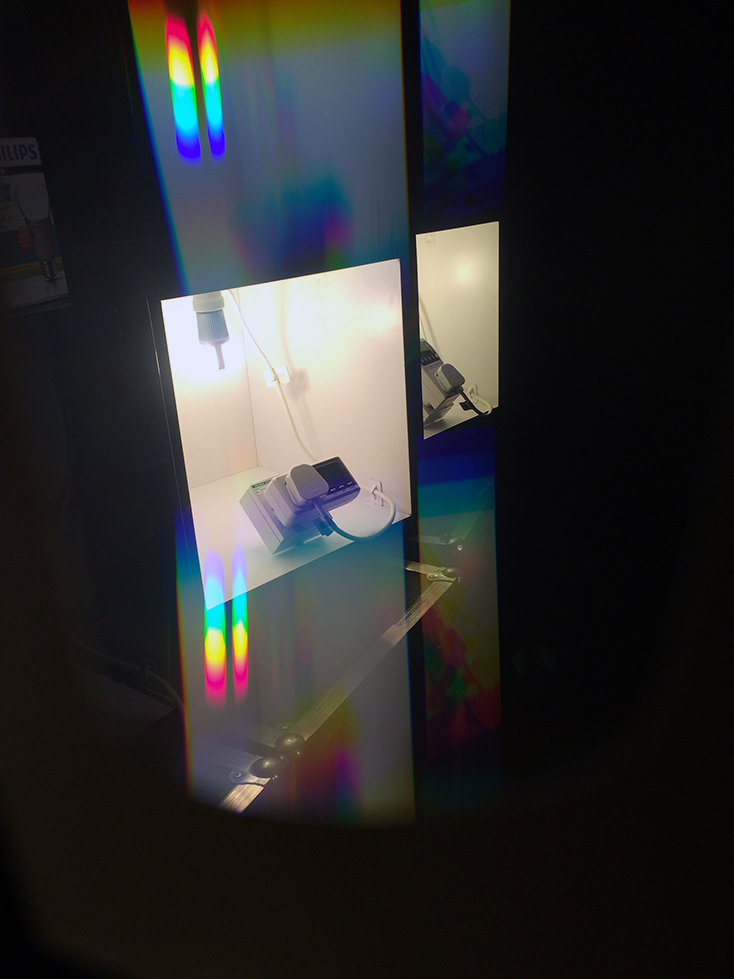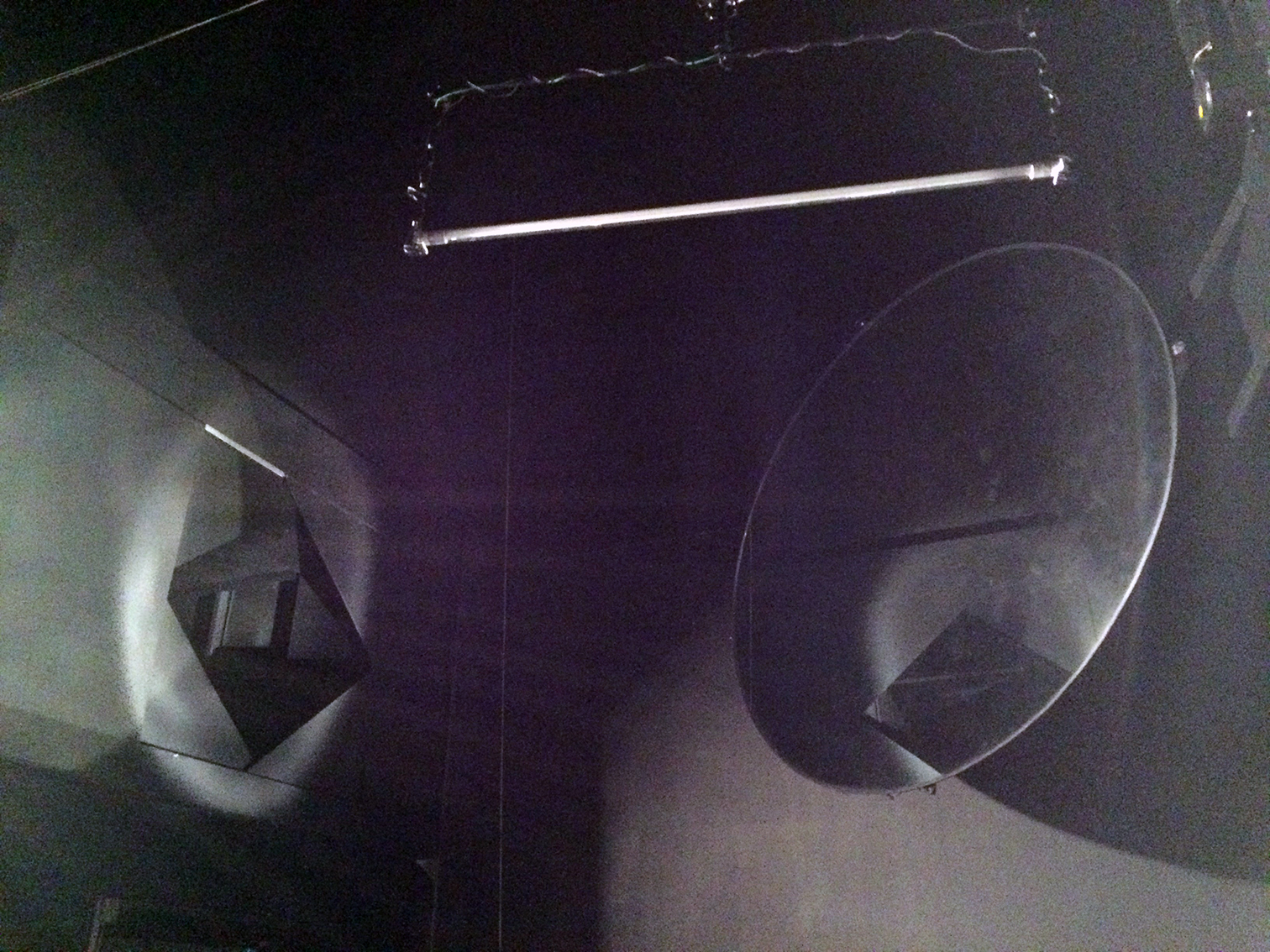INSTITUTIONAL FORMS & URBAN LOGICS
Projects
Articles
Salons + Definitions
Workshops
Field Trips
Biographies + Acknowledgements
Projects
Articles
Salons + Definitions
Workshops
Field Trips
Biographies + Acknowledgements
Salons
The unit’s salons were conceived as a platform through which to evolve a definition of institution and to frame together the group’s discourse and research. Our multiple readings of the institution, from the assured to the fragile, creative to the repressive, the antagonistic to the functional, were brought to the table for debate and discussion in a weekly evening event. This collective research platform explored interpretations, tactics, forms and manifestations of the institution and their social, political, economic and spatial relevance for the city. The format of the salons varied from studio based round tables to presentations and in conversations with a series of invited guests whose work overlays institutional and architectural critique.
Over the three years, we were delighted and privileged to host Shumi Bose, Iain Boal, Arno Brandlhuber, Paul Mason, Oriel Prizeman, Ingrid Schroeder, Jack Self, Olly Wainwright and Frederick Wiseman.
Over the three years, we were delighted and privileged to host Shumi Bose, Iain Boal, Arno Brandlhuber, Paul Mason, Oriel Prizeman, Ingrid Schroeder, Jack Self, Olly Wainwright and Frederick Wiseman.







Image Credits
1. Salon, Hotel Lambert, Paris2. Video - Institutional Forms and Urban Logics, 2015-2016
3. Frederick Wiseman in conversation
4. A visit to the NPL, Teddington - Keepers of the UK’s defintive meassures
5. A visit to the NPL, Teddington - Keepers of the UK’s defintive meassures
6. Video - Dancing Mirrors, A visit to the NPL, Teddington
7. Arno Brandlhuber in conversation
8. Carnegie Library interior from Oriel Prizeman’s presenation of her book Philanthropy and Light: Carnegie Libraries and the Advent of Transatlantic Standards for Public Space
9. Paul Mason in conversation
1. Salon, Hotel Lambert, Paris2. Video - Institutional Forms and Urban Logics, 2015-2016
3. Frederick Wiseman in conversation
4. A visit to the NPL, Teddington - Keepers of the UK’s defintive meassures
5. A visit to the NPL, Teddington - Keepers of the UK’s defintive meassures
6. Video - Dancing Mirrors, A visit to the NPL, Teddington
7. Arno Brandlhuber in conversation
8. Carnegie Library interior from Oriel Prizeman’s presenation of her book Philanthropy and Light: Carnegie Libraries and the Advent of Transatlantic Standards for Public Space
9. Paul Mason in conversation
Ingrid Schroder, 27.10.2015
“We have reached a post-institutional age. There seems to be an overall rejection of the explicit ordering of society and an explicit rejection of any type of physical representation of that ordering of society which starts to do us [architects] out of a job… I am aware that my interest in political institutional space is sort of at odds with where we are politically at the moment, architecturally at the moment. I have a hidden ambition to recover a sort of bravery and delight in what we do as architects and to have that have meaning, not to be entirely speculative”
Ingrid Schroder is an architect, Sir Isaac Newton Design Fellow at Cambridge University and is director of the MPhil programme in architecture and urban design at Cambridge University.
Olly Wainwright, 02.12.2015
“The planning policy introduced by the coalition government, tore up a 700 page planning document and turned it into a 60 page pamphlet and the following sentence is perhaps the most important of the decade in terms of the way that London is being developed: ‘development should not be subject to such a scale of obligation of policy burdens that their ability to be developed viably is threatened (source)”
Oliver Wainwright is the Guardian's architecture and design critic and a trained architect.
Shumi Bose and Jack Self , 10.11.2015
”Real estate describes our political and economic bond to property. This is a relationship determined by categories of ownership, different forms of labour and the complex power structures that make up society” Shumi Bose and Jack Self are co – directors of the Real Foundation, founders of the publications Fulcrum (with Aram Mooradian) and the Real Review and curators of the British Pavillion, Venice Biennale 2016 (with Finn Williams).
Jack is a trained architect, writer and curator and Shumi is an architecture critic and curator, a writer and an educator.
Rhys Williams, 24.11.2015
“A fine web of temporal indices stretches through the City acting to define the beat of its production today. The tolling of ecclesiastical refrains has been replaced by the rhythms of a new financial time, one impacted by the strangeness formed by London’s geology and global positions – it has the strongest gravity of any of the worlds financial markets, and as such the slowest time”. Rhys Williams is a trained architect and alumnus of the unit.
Frederick Wiseman. 02.02.16
“The value of picking institutions is that it serves the same function as the net, or the lines, of a tennis court, in the sense that it provides boundaries. So whatever happens in this school, or the buildings, or this limited geographical area, is fit for inclusion in the film, and everything that takes place outside of it is excluded.”
Frederick Wiseman is a renowned documentarian, acclaimed for his explorative mediations on life inside institutional frameworks. In 2014, he was awarded the golden lion for lifetime achievement at the 71st Venice International Film Festival. Our skype interview was followed by a screening of his documentary: Hospital.
Paul Mason, 16.02.16
“With info-capitalism, a monopoly is not just some clever tactic to maximize profit. It is the only way an industry can run.”
Paul Mason is channel 4 news economics editor, regular guardian contributor and is author of several award winning books – most recently post-Capitalism, a guide to our future.
---
“We have reached a post-institutional age. There seems to be an overall rejection of the explicit ordering of society and an explicit rejection of any type of physical representation of that ordering of society which starts to do us [architects] out of a job… I am aware that my interest in political institutional space is sort of at odds with where we are politically at the moment, architecturally at the moment. I have a hidden ambition to recover a sort of bravery and delight in what we do as architects and to have that have meaning, not to be entirely speculative”
Ingrid Schroder is an architect, Sir Isaac Newton Design Fellow at Cambridge University and is director of the MPhil programme in architecture and urban design at Cambridge University.
Olly Wainwright, 02.12.2015
“The planning policy introduced by the coalition government, tore up a 700 page planning document and turned it into a 60 page pamphlet and the following sentence is perhaps the most important of the decade in terms of the way that London is being developed: ‘development should not be subject to such a scale of obligation of policy burdens that their ability to be developed viably is threatened (source)”
Oliver Wainwright is the Guardian's architecture and design critic and a trained architect.
Shumi Bose and Jack Self , 10.11.2015
”Real estate describes our political and economic bond to property. This is a relationship determined by categories of ownership, different forms of labour and the complex power structures that make up society” Shumi Bose and Jack Self are co – directors of the Real Foundation, founders of the publications Fulcrum (with Aram Mooradian) and the Real Review and curators of the British Pavillion, Venice Biennale 2016 (with Finn Williams).
Jack is a trained architect, writer and curator and Shumi is an architecture critic and curator, a writer and an educator.
Rhys Williams, 24.11.2015
“A fine web of temporal indices stretches through the City acting to define the beat of its production today. The tolling of ecclesiastical refrains has been replaced by the rhythms of a new financial time, one impacted by the strangeness formed by London’s geology and global positions – it has the strongest gravity of any of the worlds financial markets, and as such the slowest time”. Rhys Williams is a trained architect and alumnus of the unit.
Frederick Wiseman. 02.02.16
“The value of picking institutions is that it serves the same function as the net, or the lines, of a tennis court, in the sense that it provides boundaries. So whatever happens in this school, or the buildings, or this limited geographical area, is fit for inclusion in the film, and everything that takes place outside of it is excluded.”
Frederick Wiseman is a renowned documentarian, acclaimed for his explorative mediations on life inside institutional frameworks. In 2014, he was awarded the golden lion for lifetime achievement at the 71st Venice International Film Festival. Our skype interview was followed by a screening of his documentary: Hospital.
Paul Mason, 16.02.16
“With info-capitalism, a monopoly is not just some clever tactic to maximize profit. It is the only way an industry can run.”
Paul Mason is channel 4 news economics editor, regular guardian contributor and is author of several award winning books – most recently post-Capitalism, a guide to our future.
---
Definitions of Institution
‘settled habits of thought common to the generality of men’
Thorstein Veblen, 1909
‘institutions are systems of established and prevalent social rules that structure social interactions’
Geoffrey M. Hodgson, What Are Institutions, 2006
“The institution is a socially sanctioned, symbolic network in which a functional component and an imaginary component are combined in variable proportions and relations.”
Cornelius Castoriadis, The Imaginary Institution
A primarily social machine, created out of the limitations of the self. Intrinsically interlaced into topographical conditions and whose existence although dependent on the need for people to contribute to its function, continues past the lifespan of any one of its associates; in doing so it establishes a longevity. Its objective is to both preserve historical information and nurture the continued development of a particular field of study.
Max Bontoft, Student, 2015-2017
A system of control, defined by and defining a certain dogma, which prescribes societal and behavioural rules, laws, codes, practices and traditions.
Paul Cohoon, Student, 2015-2016
A regulated cooperation that stages a framework of rules to shape society focused on a relevant field of action in our society that needs improvement
(identified field of relevance)
The framework of rules will structure cooperation in order to improve the identified incapacity of the society
(indirect improvement)
Core areas of work of an institution tend to create social and cultural identity, foster social integration and create security, relief, order and stability inside society
(content, target)
The propagated framework of rules is a result of a stable underlying agenda, that is based on commonly agreed values
(manifesto)
In order to have final implications on society the institution relies on common acceptance
(legitimacy)
Nikolaus Rach, Student, 2015-2016
A framework, or mechanism, which attempts to order social conduct whether on a societal or personal scale.
An institution can be devised to exhibit power over individuals or collectives, or it may do so unintentionally or subconsciously. It can also give legitimacy and meaning to movements or explorations and therefore empower a collective or individual cause.
Institutions are manifestations of human nature and our desire to systematically order and categorise events, behaviours and people. They reflect a common need for rules and boundaries, clear or obscure, and may therefore instill a sense of security, whether false or legitimate.
Carmel Keren, Student, 2015-2016
An institution is an established practice, organisation, custom or person. It’s influence is widespread; surpassing the lifespan of it’s original founders and followers. Through its charisma and/or authority an institution induces lasting impact on those associated with it.
Ashleigh James, Student, 2015-2016
An institution is a structure or entity that is governed by a set of rules, laws, regulations, beliefs or ideas.
Belief systems are institutions. Certain protocols formalise various activities and transform them into institutions. To me, institutions and ideas of institutions extend to nearly every aspect of life—from your school, to your commute, to the night club you go on a saturday night, to the cafe you grab a coffee, to your monogamous relationship, to your Brazilian bikini wax; the list seems endless.
Umi Baden-Powell, Student, 2015-2016
‘Institutions are the rules of the game in society or, more formally, are the humanly devised constraints that shape human interaction. In consequence they structure incentives in human exchange, whether political, social, or eco- nomic. . . . Conceptually, what must be clearly differentiated are the rules from the players. The purpose of the rules is to define the way the game is played. But the objective of the team within that set of rules is to win the game. . . . Model- ing the strategies and skills of the team as it develops is a separate process from modeling the creation, evolution, and consequences of the rules.’
Douglass North, 1990
Thorstein Veblen, 1909
‘institutions are systems of established and prevalent social rules that structure social interactions’
Geoffrey M. Hodgson, What Are Institutions, 2006
“The institution is a socially sanctioned, symbolic network in which a functional component and an imaginary component are combined in variable proportions and relations.”
Cornelius Castoriadis, The Imaginary Institution
A primarily social machine, created out of the limitations of the self. Intrinsically interlaced into topographical conditions and whose existence although dependent on the need for people to contribute to its function, continues past the lifespan of any one of its associates; in doing so it establishes a longevity. Its objective is to both preserve historical information and nurture the continued development of a particular field of study.
Max Bontoft, Student, 2015-2017
A system of control, defined by and defining a certain dogma, which prescribes societal and behavioural rules, laws, codes, practices and traditions.
Paul Cohoon, Student, 2015-2016
A regulated cooperation that stages a framework of rules to shape society focused on a relevant field of action in our society that needs improvement
(identified field of relevance)
The framework of rules will structure cooperation in order to improve the identified incapacity of the society
(indirect improvement)
Core areas of work of an institution tend to create social and cultural identity, foster social integration and create security, relief, order and stability inside society
(content, target)
The propagated framework of rules is a result of a stable underlying agenda, that is based on commonly agreed values
(manifesto)
In order to have final implications on society the institution relies on common acceptance
(legitimacy)
Nikolaus Rach, Student, 2015-2016
A framework, or mechanism, which attempts to order social conduct whether on a societal or personal scale.
An institution can be devised to exhibit power over individuals or collectives, or it may do so unintentionally or subconsciously. It can also give legitimacy and meaning to movements or explorations and therefore empower a collective or individual cause.
Institutions are manifestations of human nature and our desire to systematically order and categorise events, behaviours and people. They reflect a common need for rules and boundaries, clear or obscure, and may therefore instill a sense of security, whether false or legitimate.
Carmel Keren, Student, 2015-2016
An institution is an established practice, organisation, custom or person. It’s influence is widespread; surpassing the lifespan of it’s original founders and followers. Through its charisma and/or authority an institution induces lasting impact on those associated with it.
Ashleigh James, Student, 2015-2016
An institution is a structure or entity that is governed by a set of rules, laws, regulations, beliefs or ideas.
Belief systems are institutions. Certain protocols formalise various activities and transform them into institutions. To me, institutions and ideas of institutions extend to nearly every aspect of life—from your school, to your commute, to the night club you go on a saturday night, to the cafe you grab a coffee, to your monogamous relationship, to your Brazilian bikini wax; the list seems endless.
Umi Baden-Powell, Student, 2015-2016
‘Institutions are the rules of the game in society or, more formally, are the humanly devised constraints that shape human interaction. In consequence they structure incentives in human exchange, whether political, social, or eco- nomic. . . . Conceptually, what must be clearly differentiated are the rules from the players. The purpose of the rules is to define the way the game is played. But the objective of the team within that set of rules is to win the game. . . . Model- ing the strategies and skills of the team as it develops is a separate process from modeling the creation, evolution, and consequences of the rules.’
Douglass North, 1990
© Copyright 2014-2017 Institutional Forms and Urban Logics - if you have any questions please email admin@institutionalforms.com